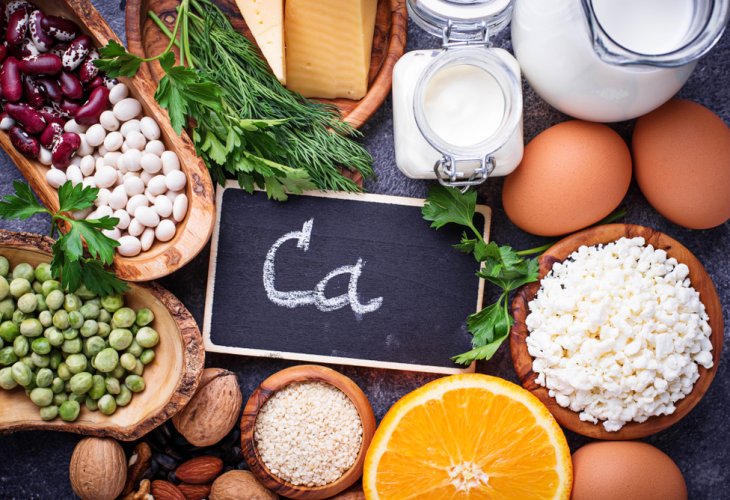Unlocking the Secrets to Calcium and Zinc: Your Essential Guide
Discover how to enhance calcium absorption and why zinc is key to your health.
 (Photo: shutterstock)
(Photo: shutterstock)Calcium
Last week, we talked about the general importance of minerals. Now, let's delve into the first and most crucial mineral on the list: calcium.
Calcium is vital for maintaining the health of bones and the skeletal system. It's the primary mineral involved in building and maintaining bone density. It's essential for both physical and mental health, promoting muscle relaxation. A vast majority, 99%, of the calcium we consume is deposited in our bones and teeth; the remaining 1% is crucial for muscle contraction, blood clotting, nerve function, regulation of blood pressure, and maintaining the blood's acid-base balance (pH).
The process of absorbing calcium in the body isn't easy. Excessive dietary fats can hinder calcium breakdown, while deficiencies in vitamins C and D can prevent its absorption. Consuming too much white sugar and meat can lead to calcium loss from the body.
Sources of calcium include whole sesame seeds, molasses, almonds, parsley, tofu, chickpeas, beans, and small sardines.
Signs of calcium deficiency include irritability, brittle nails, hair loss, high blood pressure, and bone fractures.
To ensure efficient calcium absorption, it's important to engage in physical activities that exert pressure on the bones, such as stair climbing, uphill walking, and hand presses.
Calcium supplements can be taken to address irritability or insomnia, up to 1,000 mg per day. It's beneficial to take calcium with magnesium, as magnesium prevents the supplement from turning into kidney stones and supports restful sleep.
Zinc
Zinc is an incredibly important mineral, chiefly for skin health.
Zinc is involved in hundreds of processes and biochemical reactions in the body. It assists more than a hundred enzymes in their functions.
Zinc is crucial for the immune system, including the thymus gland, and the production of white blood cells. A deficiency in zinc can lead to weakened immunity and increased susceptibility to winter illnesses. Zinc also aids the action of insulin and balances blood sugar levels. It is involved in protein production, helps heal ulcers on the skin and in the digestive system, is vital for skin health, and encourages tissue regeneration. Additionally, zinc plays a significant role in male fertility processes. It aids cognitive functions, including learning, attention, and concentration. Zinc can help alleviate throat infections and colds; for colds, it's recommended to suck on 22 mg zinc tablets, up to three times a day. Zinc also plays a role in hormonal balance during adolescence and menopause.
Zinc can be found primarily in wheat germ, whole sesame seeds, barley, nuts, almonds, pumpkin seeds, whole grains, and egg yolk.
To book home workshops with Rebbetzin Rachel Batzri, call 073-2221240 or 052-9551588

